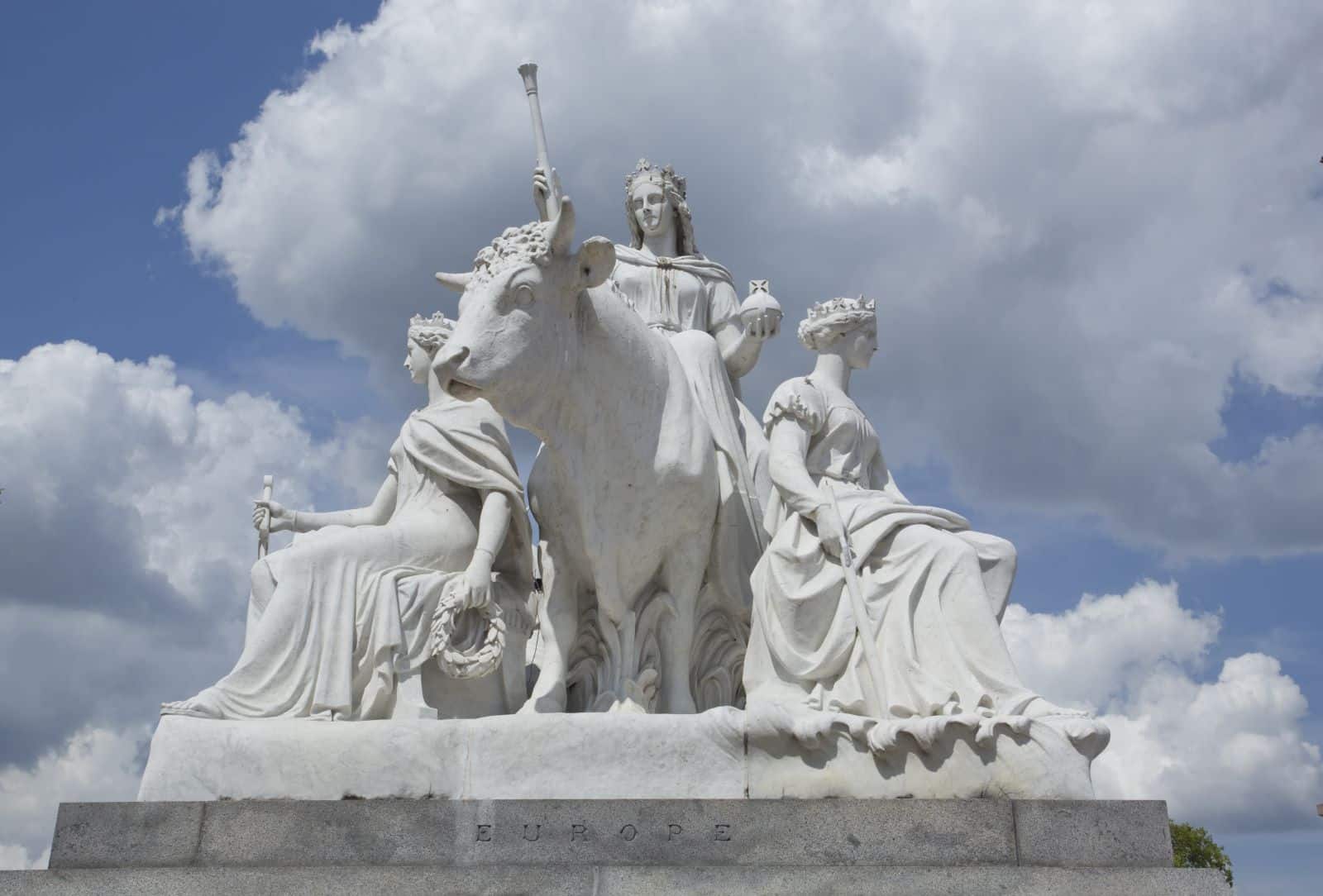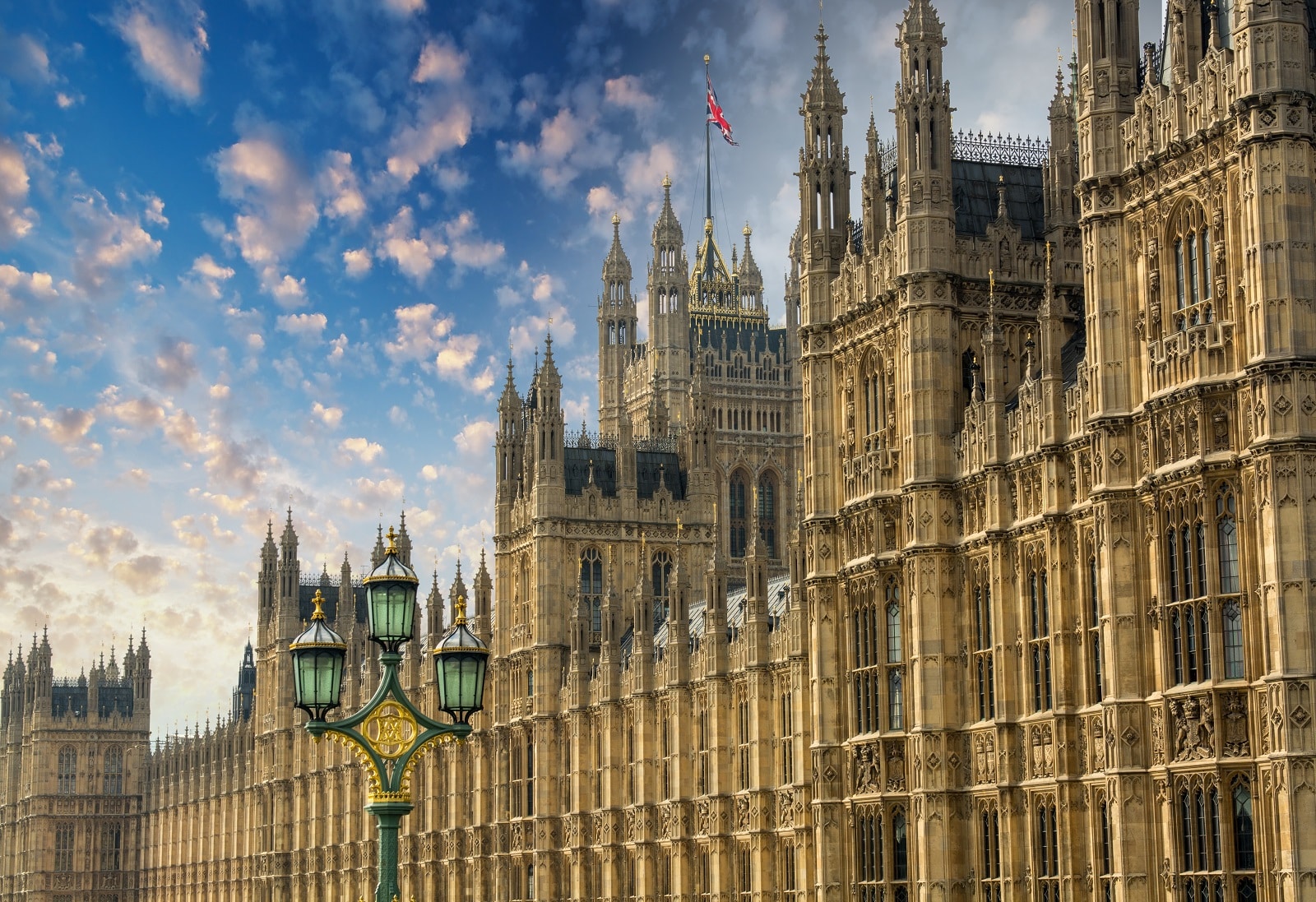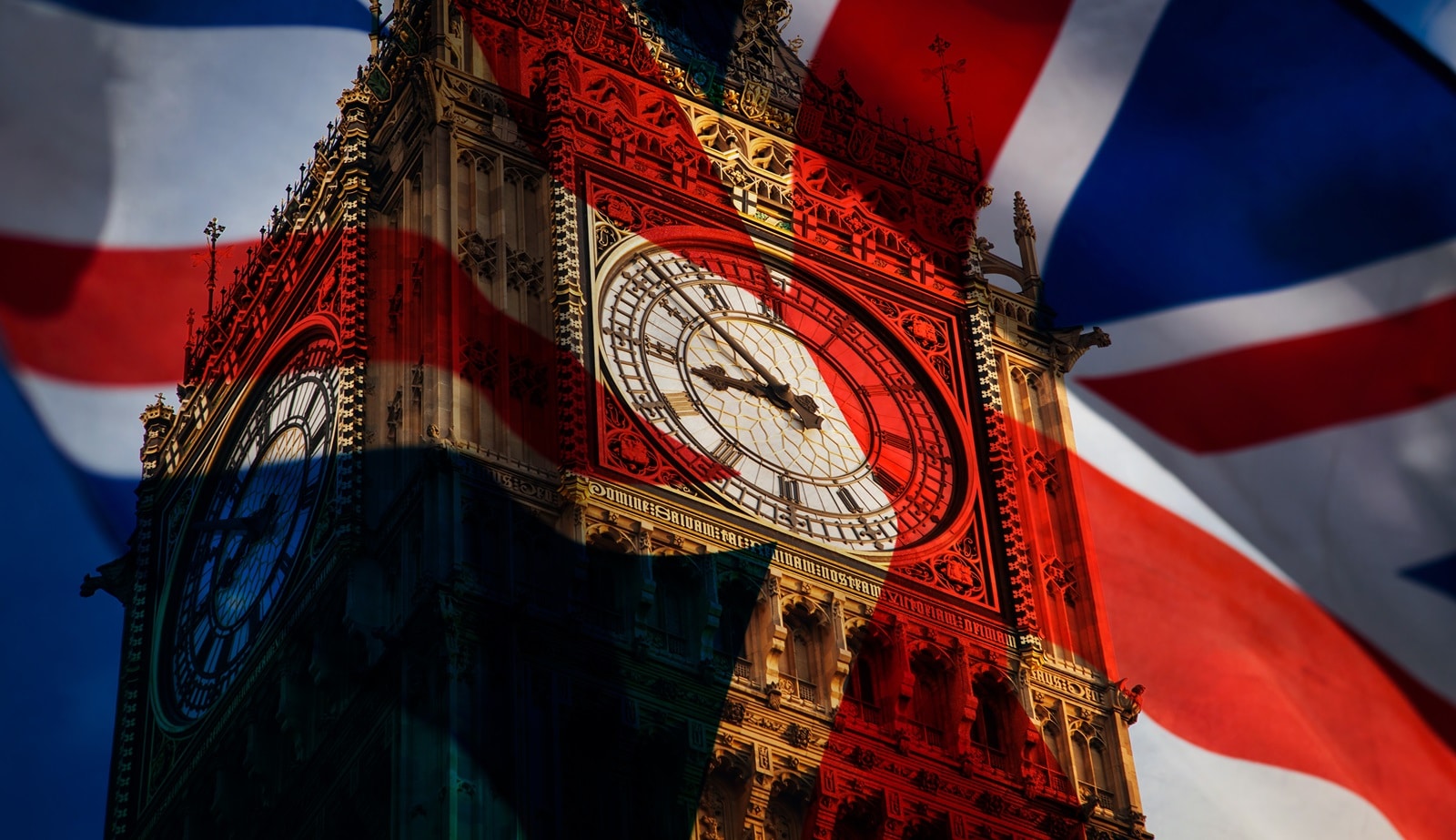Kemi Badenoch has challenged conventional wisdom, asserting that Britain’s economic success is not solely attributed to colonialism. This has sparked debates over historical narratives and reparative justice. Here’s the full story.
Tordid History

The UK has never really grappled with its long history of abuses, genocides and plundering, which took place when it ruled over 24% of the world’s total land area and the 412 million people who lived under it by its height in 1913.
Imperial Past

While the relationship between the nation’s historical past as an imperial power and its contemporary economic prosperity in the modern day has long been a subject of debate, few countries have resisted calls for a more in-depth review of its historical atrocities than the British.
Challenging the Narrative

A prime example of this reluctance to acknowledge the horrors of history was recently on display recently when Kemi Badenoch, the UK’s Business and Trade Minister, addressed financial service company heads in London. She challenged the prevailing narrative surrounding the source of Britain’s immense wealth.
Economic Powerhouse

Badenoch told the heads of Britain’s ultra-wealthy financial institutions that it was not the brutal repression, exploitation, and wealth extraction of the empire that led to Britain’s becoming one of the world’s major powers and an economic powerhouse.
“Wealth and Success”

Badenoch stated, “It worries me when I hear people talk about wealth and success in the UK as being down to colonialism or imperialism or white privilege or whatever.”
Glorious Revolution

Rather than attributing economic success to colonialism, Badenoch highlighted the significance of the Glorious Revolution of 1688.
Pivotal Event

This pivotal event, she argued, laid the groundwork for economic stability by shaping the UK’s constitutional framework and reinforcing parliamentary authority.
Unique Worldview

According to Badenoch’s unique worldview, this foundation of certainty facilitated the subsequent Industrial Revolution, propelling Britain into an era of unprecedented growth.
Undermining Growth

Badenoch also refuted the belief that Britain’s extreme wealth stems primarily from its colonial exploits, stressing that this narrative risks undermining efforts to foster growth and prosperity domestically and internationally.
44% Proud

Despite Badenoch’s argument against this interpretation, the majority of the British public shares it. A YouGov poll found that 44% of the UK public were proud of Britain’s colonial past, with 22% disagreeing.
Let’s All Just Move On

Despite the overwhelming public support for Badenoch’s views, she stressed the importance of the nations subsumed by the British Empire getting on with things and not focusing too much on the slavery, injustices, and exploitation that occurred under Britain’s control.
“Exploitation and Oppression”

Badenoch stated, “It matters, because if people genuinely believe that the UK only grew and developed into an advanced economy because of exploitation and oppression, then the solutions they will devise will make our growth and productivity problem even worse. It matters in other countries too, because if developing nations do not understand how the west became rich, they cannot follow in his footsteps.”
“Talking About Colonialism”

She continued, “And it matters when, as your trade secretary, I go to the World Trade Organization conference negotiating on the UK’s behalf, and some of my counterparts spend the entire time in meetings talking about colonialism, blame the west for their economic difficulties, and make demands that would make all of us – not just in this country, but around the world – poorer.”
Refusal to Apologise

Similarly, Rishi Sunak also presumably agrees that the nations that Britain governed are really bumming everyone out with all the talk of historical injustices after he refused to apologise for Britain’s role in the transatlantic slave trade or entertain the notion of paying reparations.
12.5 Million

Modern estimates put the number of native Africans shipped to the Americas during the 400 years of the transatlantic slave trade at 12.5 million. Of those, somewhere between 1.2 million to 2.4 million died on the journey.
Rosy View of History

Not everyone shares Sunak and Badenoch’s rosy view of the past. Some of the descendants of Britain’s wealthiest enslavers are calling for reparations due to the “ongoing consequences of this crime against humanity.”
“Never Apologised”

Alex Renton, one of the founding members of the campaign group Heirs of Slavery, stated, “British slavery was legal, industrialised and based entirely on race. Britain has never apologised for it, and its after-effects still harm people’s lives in Britain as well as in the Caribbean countries where our ancestors made money.”
£18.8 Trillion

A report by the University of the West Indies recently estimated that the UK owes £18.8 trillion in reparations to affected nations.
“White Privilege or Whatever”

This figure, calculated based on historical wealth accumulation and GDP, starkly contrasts Badenoch’s assertion that Britain has not profited from, as she so eloquently put it, “colonialism or imperialism or white privilege or whatever.”
The post Kemi Badenoch Refutes Colonial Basis of UK’s Wealth first appeared on Swift Feed.
Featured Image Credit: Shutterstock / I T S.

